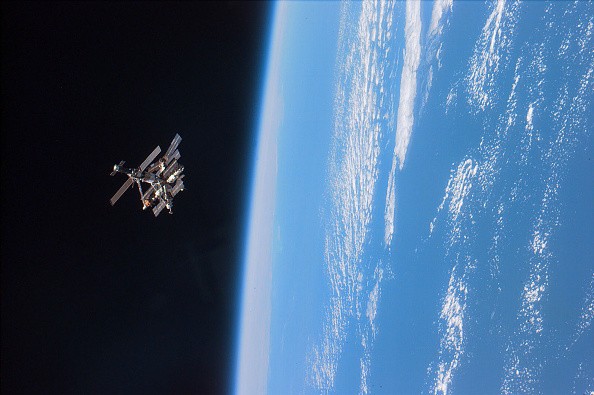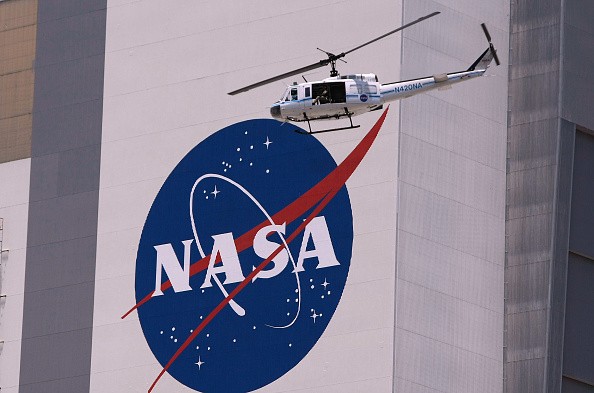NASA's ISS spacewalk is now delayed because the international space agency received a new space debris warning approaching the giant orbital laboratory.

"Due to the lack of opportunity to properly assess the risk it could pose to the astronauts, teams have decided to delay the Nov. 30 spacewalk until more information is available," said the International Space Agency via its official Twitter account.
Is it that the debris is coming to pass the space station arena or the space station is going to pass the debris arena
— SYLVER IGENE (@Sylvergene) November 30, 2021
The latest online post of ISS attracted a lot of space fans. Some of them were confused about the issue. One of the online users asked if the space debris was approaching the International Space Station or the ISS that would pass the space junk.
NASA's ISS Spacewalk Now Delayed
According to CNN's latest report, NASA's spacewalk was originally scheduled on Nov. 30. This activity was supposed to be conducted by Kayla Barron and Dr. Thomas Marsburn.

Also Read : NASA Warns Asteroid Bigger than Football Stadium to Pass By Earth To Be Seen on California Sky
They were tasked to walk outside the International Space Station at 7:10 a.m. ET. NASA explained that the task, which is estimated to take around six hours, would fix the malfunctioning communications antenna of the giant space laboratory.
As of the moment, NASA still hasn't confirmed the new schedule of the planned spacewalk. If you are also one of the interested viewers, the best thing you can do right now is to wait for the space agency's further announcements.
Russia's Recent Missile Test to Blame?
In ISS' latest announcement, Russia's recent anti-satellite missile test was not really mentioned at all. Since this is the case, the country's space activity, which destroyed one of the Russian dead rockets, is not blamed for the delayed spacewalk.
The anti-satellite weapon test was conducted on Nov. 15. Space experts criticized this activity since it led to more space junk and alerted the International Space Station's astronauts.
In other news, NASA's Lunar Reconnaissance Orbiter was able to take a stunning Saturn image. On the other hand, NASA and SpaceX would defend Earth from giant asteroids.
TechTimes own this article
Written by: Griffin Davis




